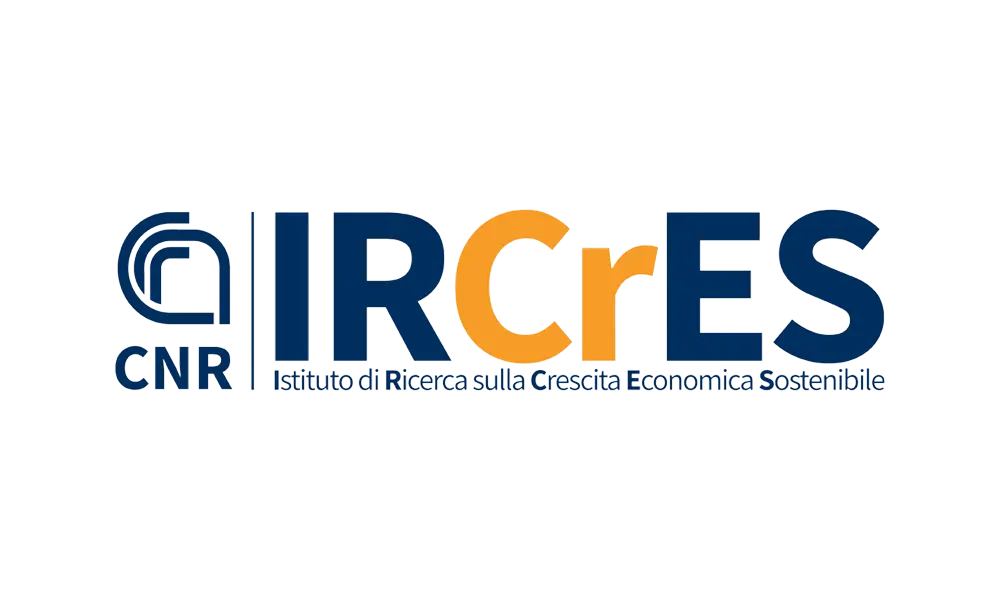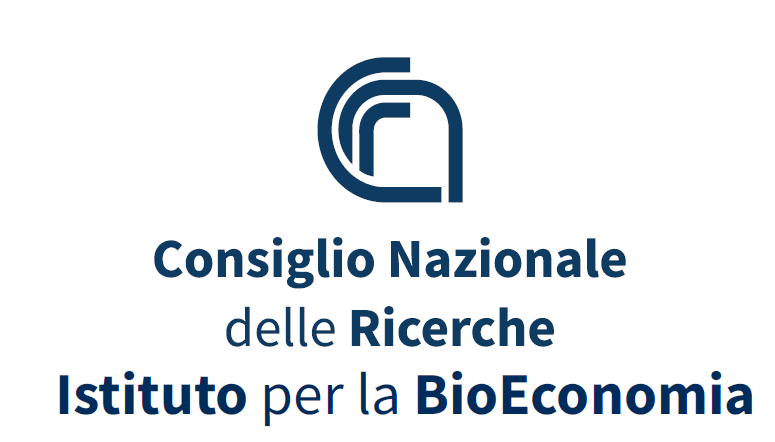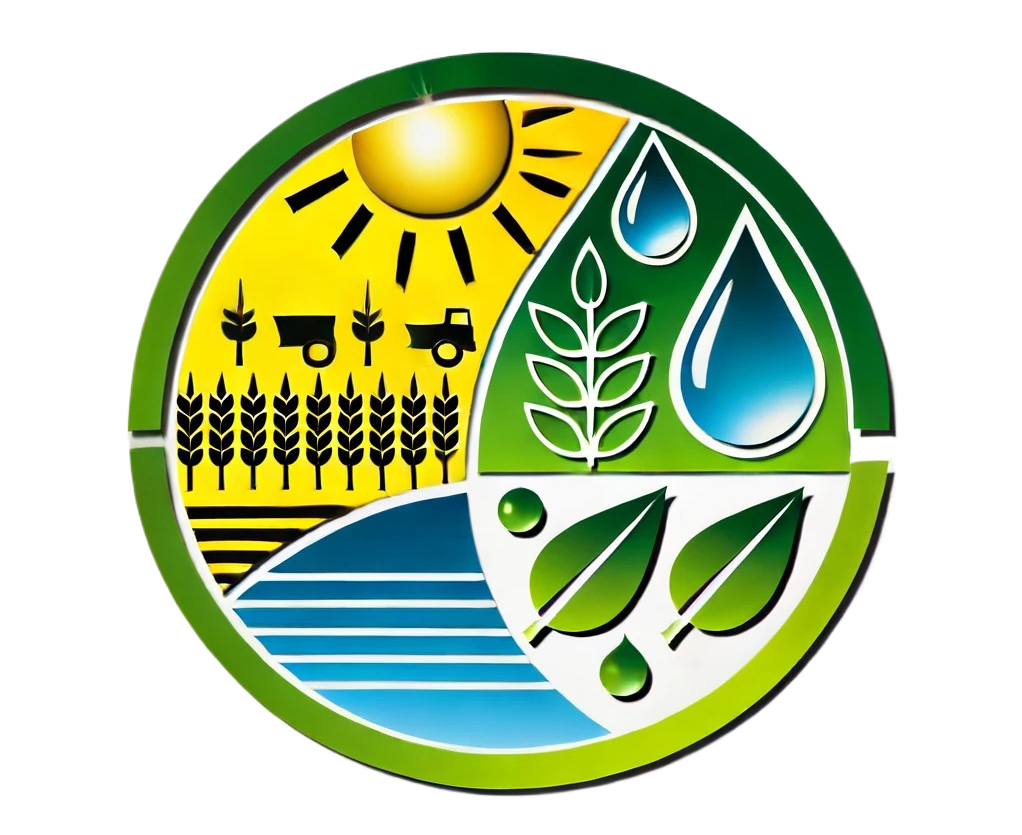
Tuscia University (UNITUS) was founded in 1979 following the enactment of Law No. 122 on April 3, 1979, which simultaneously established the first three decentralized universities in the Lazio region. UNITUS currently has six departments, including the Department of Agricultural and Forestry Sciences (DAFNE). DAFNE is engaged in research activities focusing on crop and livestock production, as well as on the environment and natural resources. The DAFNE Agricultural Economics group, which is the project leader unit, is involved in ex-ante policy evaluation through Mathematical Programming (MP) models, risk management in agriculture, and natural resource management, particularly irrigation water using a variety of methodological approaches ranging from optimization models to econometric techniques. Specifically, the group focuses on addressing the interaction between agricultural activities and the environment and their economic impacts on farms, with a particular emphasis on mitigation and adaptation strategies to climate change within the context of Italian agriculture. Within the NEUTRALISE project, UNITUS-DAFNE employs the AGRITALIM agro-supply economic model to integrate Farm Accountancy Data Network (FADN) data and scenarios from CNR-IBE’s climatic data. This integration allows for several analyses regarding farm choices and land use adaptation induced by scenarios involving agricultural and environmental policy, market conditions, and climate change.

The Institute for Research on Sustainable Economic Growth (IRCrES) is a branch of the National Research Council (CNR) of Italy. Founded in 2014, IRCrES is dedicated to interdisciplinary scientific research aimed at understanding and promoting sustainable economic growth. This institute integrates diverse expertise to study economic, social, technological, and environmental dynamics, contributing to long-term sustainable development. The primary goal of IRCrES is to provide scientific contributions that can help guide society towards a more sustainable future from an economic, social, and environmental perspective. The institute is committed to disseminating research findings through scientific publications, participation in conferences, and educational and outreach activities. Within the NEUTRALISE project, the institute will apply the analysis of Responsiveness Scores (RS) and the development of “response indicators” and “risk maps”. Based on the results of the AGRITALIM model, a statistical analysis will be conducted to identify response indicators and construct risk maps, in order to guide the work of policymakers in the near future.

The Institute of BioEconomy (IBE) is a branch of the National Research Council (CNR) of Italy. It was established in 2019 from the merger of the Institute of Biometeorology (IBIMET) and the Institute for the Valorization of Wood and Timber Species (IVALSA), with the aim of creating a center of excellence in research on the interactions between biological, economic, and social systems. The mission of IBE is to define mitigation and adaptation strategies to global changes, enhance biodiversity and develop sustainable systems for the use of bioresources for food, manufacturing, construction and energy purposes. This mission is achieved through the study of the primary productivity of agro-ecosystems, the protection of plant biodiversity, the sustainable use of wood and wood cultural heritage, the development of new technologies and methodologies for the management and harvesting of biomass, for precision agriculture, the development of meteorological, oceanographic and climatological modeling and climate services for the agroforestry and energy sectors, the analysis of the environmental sustainability of production processes and products and the enhancement of ecosystem services.
The IBE’s research lines are linked to this complex network of expertise and are organized within six major multidisciplinary thematic areas:
primary production and biodiversity;
wood technology and derivatives;
uses, agroforestry mechanization and woody biomass;
climate, meteorology and oceanography;
biotechnologies, bioenergy, process and product technologies;
sustainable use of natural resources and ecosystem services.

